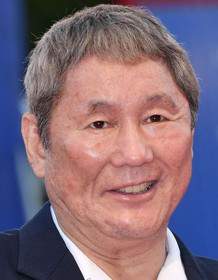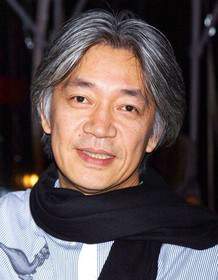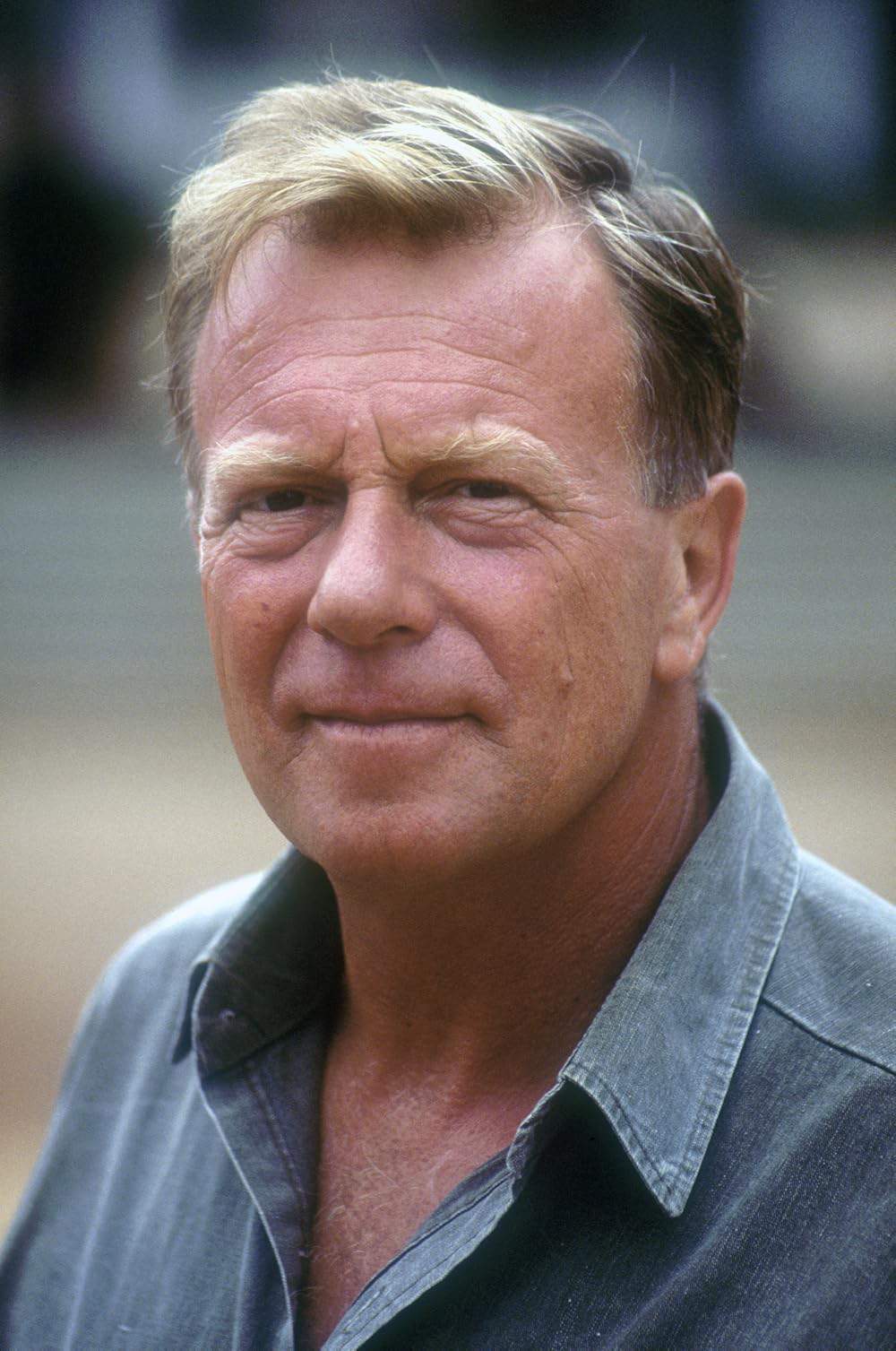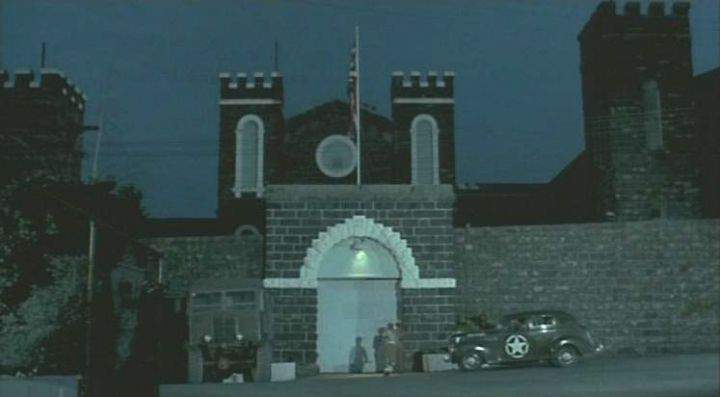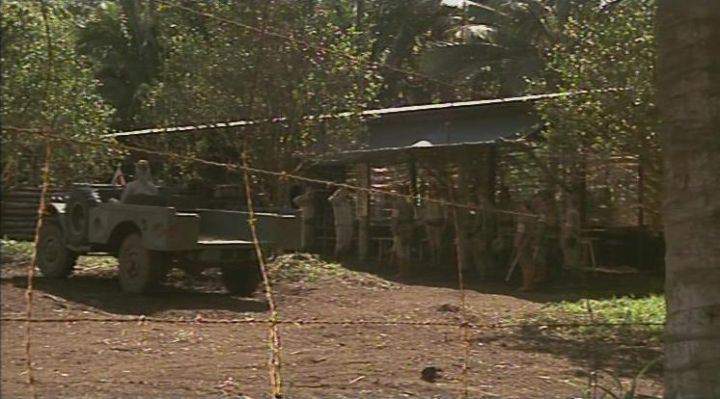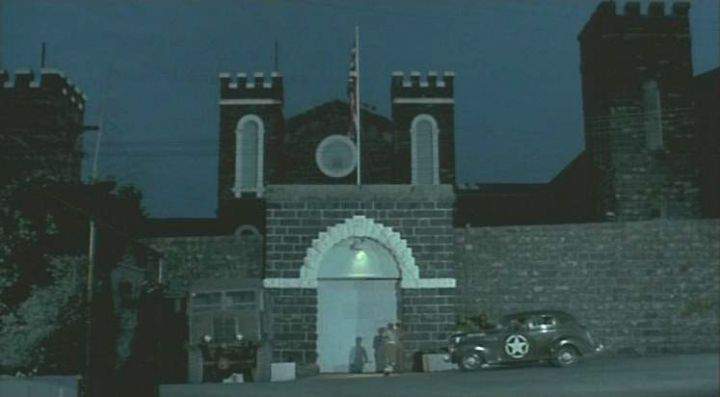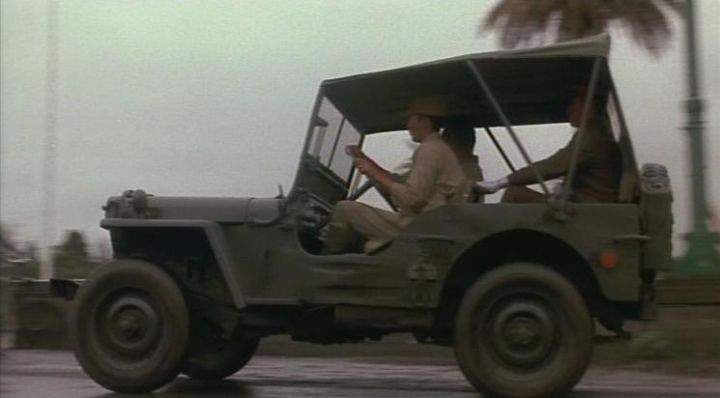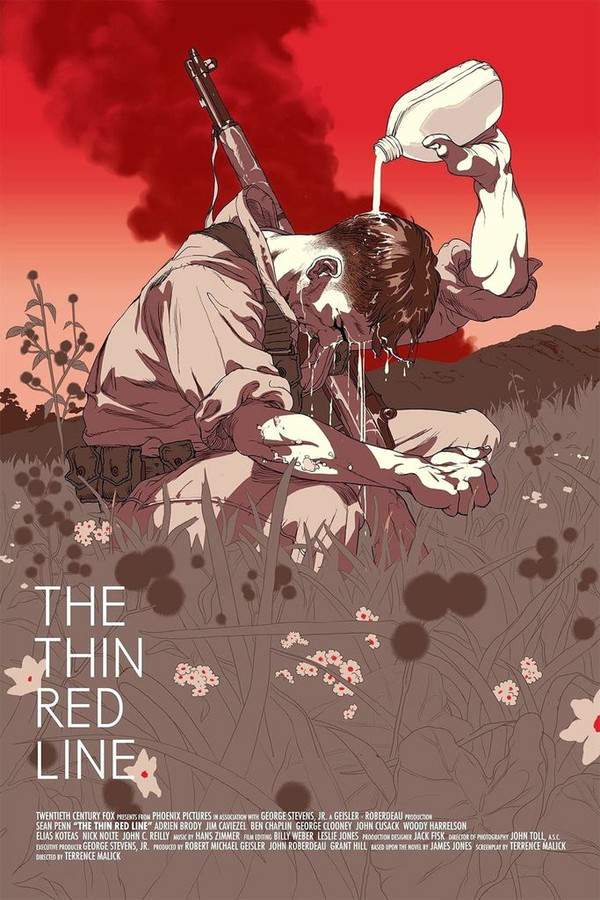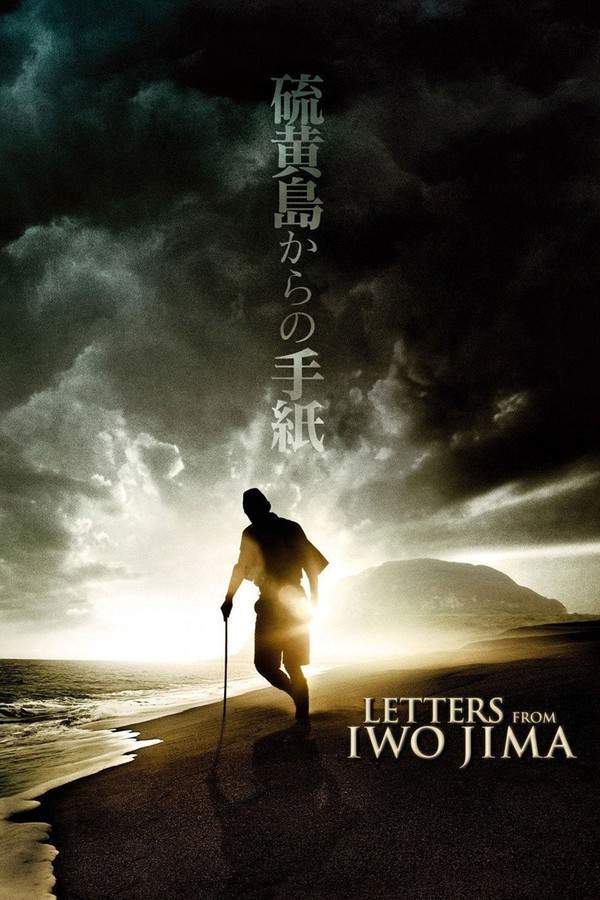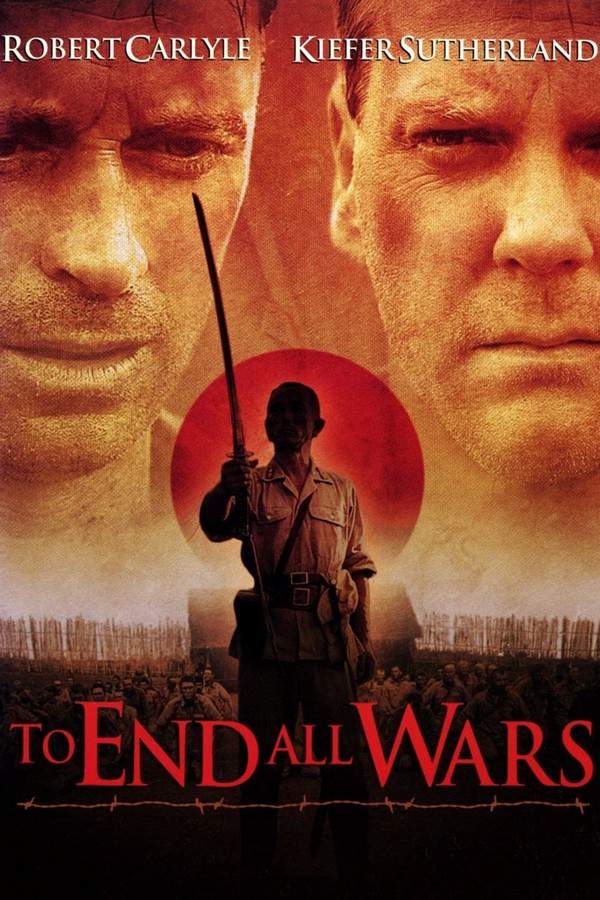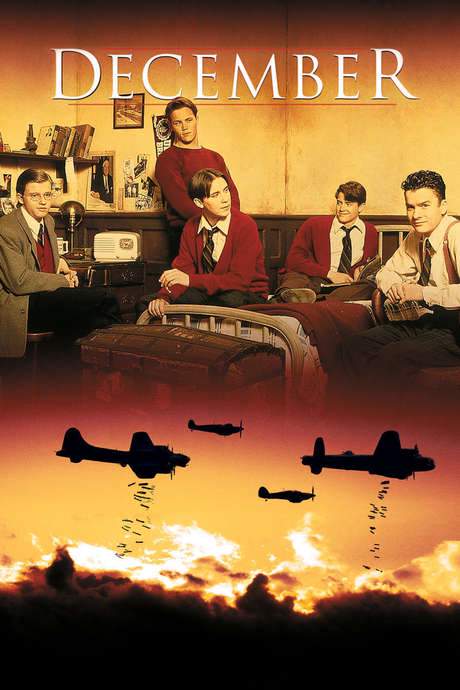Merry Christmas Mr. Lawrence 1983
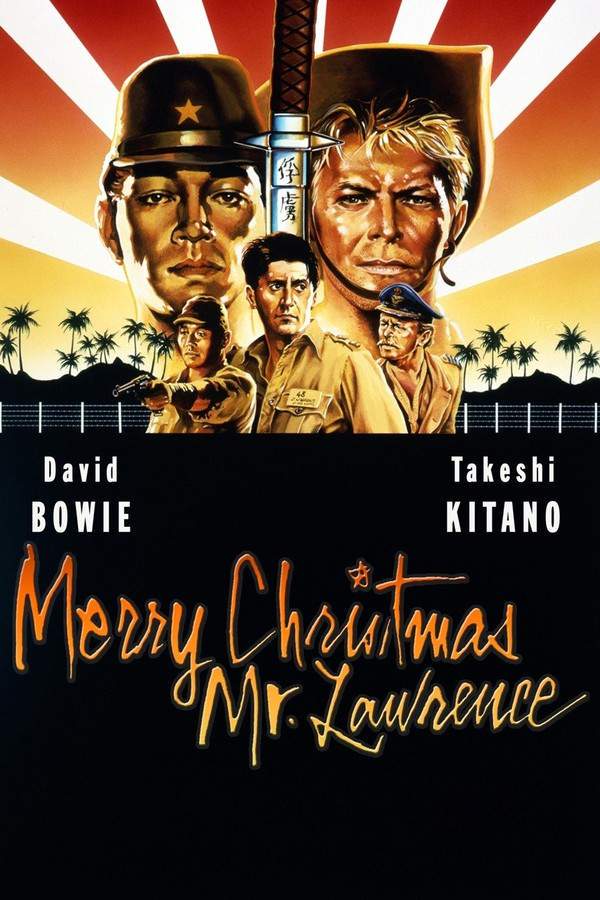
During World War II, a British officer named Jack Celliers finds himself in a Japanese POW camp where he clashes with the strict code of conduct of Captain Yanoi. Sergeant Hara’s practical approach contrasts with Lieutenant Colonel Lawrence’s attempts to foster understanding between the prisoners and their captors. The film explores the escalating tensions, cultural differences, and the profound human impact of war and resistance against a backdrop of oppressive circumstances.
Does Merry Christmas Mr. Lawrence have end credit scenes?
No!
Merry Christmas Mr. Lawrence does not have end credit scenes. You can leave when the credits roll.
Meet the Full Cast and Actors of Merry Christmas Mr. Lawrence
Explore the complete cast of Merry Christmas Mr. Lawrence, including both lead and supporting actors. Learn who plays each character, discover their past roles and achievements, and find out what makes this ensemble cast stand out in the world of film and television.
External Links and Streaming Options
Discover where to watch Merry Christmas Mr. Lawrence online, including streaming platforms, rental options, and official sources. Compare reviews, ratings, and in-depth movie information across sites like IMDb, TMDb, Wikipedia or Rotten Tomatoes.
Ratings and Reviews for Merry Christmas Mr. Lawrence
See how Merry Christmas Mr. Lawrence is rated across major platforms like IMDb, Metacritic, and TMDb. Compare audience scores and critic reviews to understand where Merry Christmas Mr. Lawrence stands among top-rated movies in its genre.

53
Metascore
6.5
User Score


86%
TOMATOMETER

79%
User Score

7.2 /10
IMDb Rating
Take the Ultimate Merry Christmas Mr. Lawrence Movie Quiz
Challenge your knowledge of Merry Christmas Mr. Lawrence with this fun and interactive movie quiz. Test yourself on key plot points, iconic characters, hidden details, and memorable moments to see how well you really know the film.
Merry Christmas Mr. Lawrence Quiz: Test your knowledge of the 1983 film 'Merry Christmas Mr. Lawrence' with this diverse quiz.
What is Captain Yonoi's leadership style over the POW camp?
With an iron fist
With compassion
With indifference
With flexibility
Show hint
Awards & Nominations for Merry Christmas Mr. Lawrence
Discover all the awards and nominations received by Merry Christmas Mr. Lawrence, from Oscars to film festival honors. Learn how Merry Christmas Mr. Lawrence and its cast and crew have been recognized by critics and the industry alike.
37th British Academy Film Awards 1984
Best Original Music
Full Plot Summary and Ending Explained for Merry Christmas Mr. Lawrence
Read the complete plot summary of Merry Christmas Mr. Lawrence, including all major events, twists, and the full ending explained in detail. Explore key characters, themes, hidden meanings, and everything you need to understand the story from beginning to end.
In the sweltering heat of 1942, Captain Yonoi ruled with an iron fist over Lebak Sembada’s POW camp, situated in Japanese-occupied Java. His unwavering commitment to the bushido code became a rigid guiding principle amidst chaos. Two prisoners emerged as fascinating anomalies within this strict discipline: Lt. Col. John Lawrence, portrayed by Tom Conti, the only captive fluent in Japanese, whose empathetic nature fostered an unexpected bond with Yonoi; and Gp. Capt. Hicksley, a staunch advocate for his fellow inmates who consistently resisted Yonoi’s attempts to seek out potential weapons experts among them.
As Lawrence maintained a delicate friendship with Sgt. Gengo Hara, portrayed by Yûya Uchida, he found himself increasingly at odds with the camp’s officers. This emotional divide would ultimately be bridged with the arrival of Major Jack Celliers, whose situation took a turn when he was summoned for a military trial regarding his perceived offenses against the Japanese army. During this trial, Yonoi became captivated by the indomitable spirit of Celliers, leading to his internment at the camp. After the trial, Yonoi, burdened by shadows from his past, confided in Lawrence, revealing deep-seated feelings of shame regarding his absence during the February 26 Incident—a haunting reminder of a perceived failure that drove his desperate need to uphold his honor.
As time progressed, Yonoi’s fascination with Celliers burgeoned into an obsession characterized by unusual displays of favoritism, such as special privileges, whispered conversations, and secretive observations. The camp was engulfed in turmoil when the inmates were punished through enforced fasting after the brutal execution of a guard named Okura, a scene steeped in horror. In an act of defiance, Celliers secretly smuggled food but was eventually caught, leading both him and Lawrence to bear the brunt of the consequences. In a moment of betrayal, Yonoi’s batman attempted to kill Celliers in his sleep, but the plot unraveled when Celliers awoke, leading to a daring escape that set Lawrence free as well.
After capturing Celliers, Yonoi delivered a chilling ultimatum: to surrender himself in a duel, granting him freedom in return. Celliers, however, remained resolute and refused. The batman, enveloped by guilt over his failure, ultimately took his own life, leaving Yonoi torn between duty and an all-consuming passion for the prisoner.
Amidst the somber atmosphere of a funeral, Lawrence faced devastating news: he and Celliers were marked for execution, a decision made to maintain the precarious order within the camp. This injustice ignited a furious rage within him, resulting in an explosive outburst as he destroyed the funeral altar before being forcibly returned to his cell. That very night, shrouded in darkness, Celliers revealed his troubled past to Lawrence, including a moment of betrayal from his youth where he did not intervene during a brutal initiation at his boarding school. The weight of their shared emotional pain bonded them in unexpected ways. Their moment of reflection was interrupted when Hara made a reckless decision, confessing to being the true culprit behind the radio incident, thereby inadvertently freeing Lawrence and Celliers. This act brought Hara to irreverently wish Lawrence a “Merry Christmas!” in English, a jibe that further exacerbated Yonoi’s frustrations.
As tensions escalated, Hicksley grew increasingly wary, sensing that Yonoi intended to replace him with Celliers as the representative of the camp. This suspicion ignited fierce arguments between them over their failure to uphold transparency. In a moment of uncontrolled anger, Yonoi demanded that the entire camp assemble outside the barracks, which led to dire consequences when a frail patient succumbed to exhaustion during the ordeal. Despite Hicksley remaining unpunished for his defiance, Yonoi’s wrath yielded immediate consequences, culminating in a shocking on-the-spot execution.
In an incredible act of courage, Celliers selflessly sacrificed his life to save Hicksley, sealing his fate with a poignant kiss bestowed upon Yonoi. Overwhelmed with conflicting emotions of valor and love for Celliers, Yonoi collapsed, engulfed by guilt. As the camp authorities intervened, they left Celliers buried up to his neck in sand, rendered helpless. In a powerful moment of sorrow, Yonoi snatched a lock of Celliers’ hair, a bittersweet token that symbolized their tumultuous connection just moments before his death.
Years later, as fate would have it, Captain Hara, now a prisoner of war, found himself face-to-face with his former enemy, Colonel Lawrence (played by Takeshi Kitano). The surroundings contrasted starkly with their previous encounters, this time in a bleak, Allied-occupied environment. Despite the differences in their circumstances, Hara had made remarkable strides in mastering English, showcasing that his time as an inmate had not dulled his astuteness. During this unexpected reunion, Lawrence grappled with the chilling reality of Hara’s imminent execution, scheduled for the following day, having been condemned for war crimes deemed horrific by the Allies.
As they exchanged thoughts, they found common ground in a moment of reflection, confronting the harsh truths that lingered between both sides, burdened by the atrocities committed in the name of war. In a poignant farewell, Hara called after Lawrence, with a mix of irony and longing in his voice, saying, > “Merry Christmas, Mr. Lawrence!” The phrase resonated deeply, encapsulating the absurdities, hardships, and painful memories that war had etched into their lives.
Uncover the Details: Timeline, Characters, Themes, and Beyond!

Coming soon on iOS and Android
The Plot Explained Mobile App
From blockbusters to hidden gems — dive into movie stories anytime, anywhere. Save your favorites, discover plots faster, and never miss a twist again.
Sign up to be the first to know when we launch. Your email stays private — always.
Watch Trailers, Clips & Behind-the-Scenes for Merry Christmas Mr. Lawrence
Watch official trailers, exclusive clips, cast interviews, and behind-the-scenes footage from Merry Christmas Mr. Lawrence. Dive deeper into the making of the film, its standout moments, and key production insights.
Cars Featured in Merry Christmas Mr. Lawrence
Explore all cars featured in Merry Christmas Mr. Lawrence, including their makes, models, scenes they appear in, and their significance to the plot. A must-read for car enthusiasts and movie buffs alike.
Merry Christmas Mr. Lawrence Themes and Keywords
Discover the central themes, ideas, and keywords that define the movie’s story, tone, and message. Analyze the film’s deeper meanings, genre influences, and recurring concepts.

Unlock the World of Movies with Our Comprehensive Wiki
Dive into our Movie Wiki for in-depth film encyclopedia entries, including cast biographies, production trivia, plot synopses, behind-the-scenes facts, and thematic analyses. Whether you’re researching iconic directors, exploring genre histories, or discovering hidden easter eggs, our expertly curated movie database has everything you need to fuel your cinematic passion.

Similar Movies To Merry Christmas Mr. Lawrence You Should Know About
Browse a curated list of movies similar in genre, tone, characters, or story structure. Discover new titles like the one you're watching, perfect for fans of related plots, vibes, or cinematic styles.
Quick Links: Summary, Cast, Ratings, More

What's After the Movie?
Not sure whether to stay after the credits? Find out!
Explore Our Movie Platform
New Movie Releases (2025)
Famous Movie Actors
Top Film Production Studios
Movie Plot Summaries & Endings
Major Movie Awards & Winners
Best Concert Films & Music Documentaries
Movie Collections and Curated Lists
© 2025 What's After the Movie. All rights reserved.




